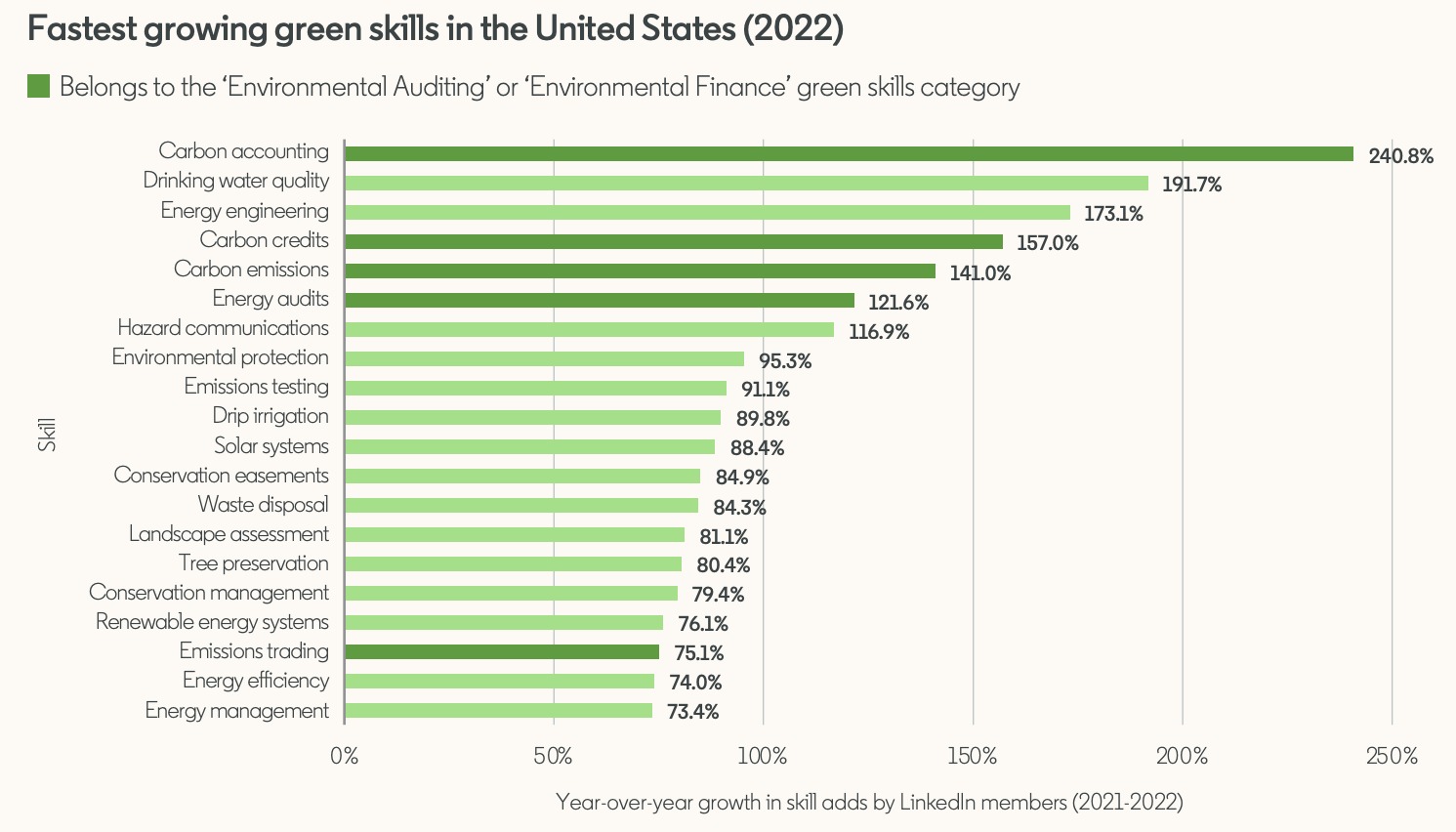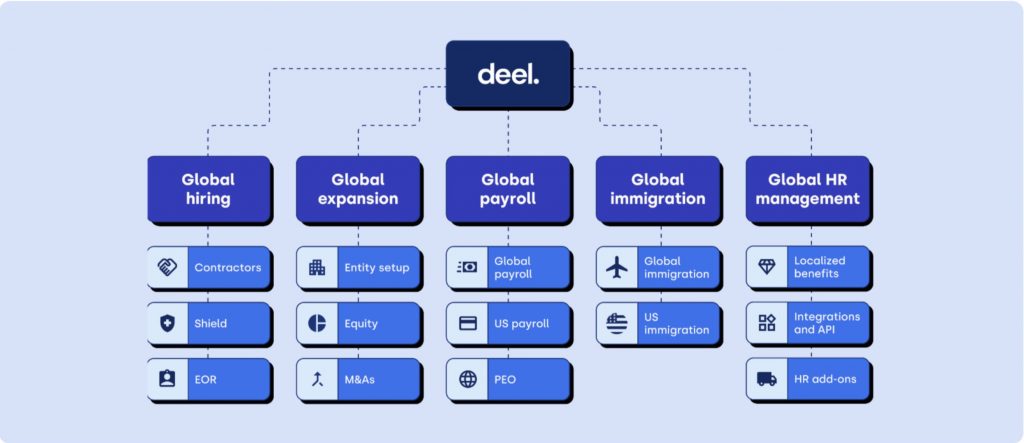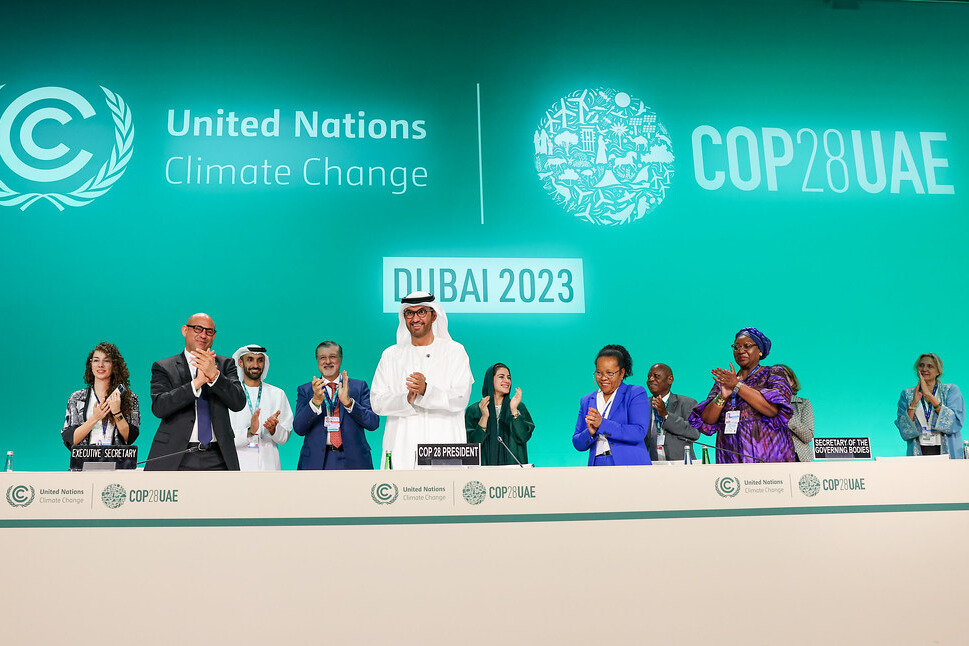COP28 in Dubai wrapped up on December 13, 2023. Following two weeks of difficult discussions and much controversy, the headline agreement reflected a statement on the need to transition away from fossil fuels. It was the first time in the history of climate talks that a global consensus among the 200 delegates regarding fossil fuels was reached. How this pledge unfolds in intensity, scale, and timing is anyone’s guess. Nevertheless, the sense of urgency on 1.5°C targets and the need to rapidly scale climate tech for energy transition continues. With an expected $7.6 trillion required to meet 2030 sustainable development goals, the speed of technological innovation and access to capital will affect this target. Notwithstanding a recent shift away from sustainability in the news, attention remains high across several stakeholders. We believe an overlooked but highly relevant bottleneck in the energy transition relates to emerging workforce challenges. Green jobs become front and center in this environment as businesses and governments worldwide simultaneously seek to maintain economic growth, strengthen climate resilience, and achieve NetZero goals. In this article, we review key outcomes of COP28 and discuss the growth of green jobs and environmental jobs. Additionally, we highlight Deel, a leading global workforce solution to support scaling climate tech and advancing green job growth for companies at home and abroad.
COP28, held in Dubai from November 30 to December 13, 2023, was a crucial event in the fight against climate change. It marked the first global stocktake, a comprehensive assessment of progress towards the Paris Agreement goals and aimed to accelerate action and close the emissions gap. Additionally, a new Loss and Damage Fund was launched, marking a step to addressing climate risks in emerging markets. While some noteworthy progress was made, several key issues remain unresolved. Some of the main outcomes included:

Marginal Progress Toward Net Zero
- Global Stocktake: The stocktake concluded with a sobering assessment: current efforts are insufficient to keep global warming below 1.5°C. However, it also highlighted opportunities for increased ambition and action. The stocktake identified several areas where progress is needed, including reducing greenhouse gas emissions, increasing adaptation efforts, and providing more financial support to developing countries.
- Loss and Damage: At COP28, a new Loss and Damage Fund was established to provide financial assistance to vulnerable countries already experiencing climate impacts. The new fund will be operational by 2024 and will initially focus on providing support for the most vulnerable countries. The European Union and 15 countries pledged $650 million. Large contributors included the Natural Resources Defense Council, The United Arab Emirates, and Germany at $100 million each.
- Adaptation: Leaders recognized the urgent need for increased adaptation actions and finance, particularly for developing countries. They agreed to develop a global goal on adaptation by 2025 and significantly increase adaptation finance. The climate adaptation gap stands at between $194 and $366 billion annually.
- Finance: Commitments to climate finance were strengthened, with developed countries pledging to double their support by 2025. Developed countries pledged to double their climate finance to developing countries by 2025, reaching $100 billion annually.
- Fossil Fuels: While there was no explicit agreement to phase out fossil fuels, the conference language signaled a shift towards a low-carbon future. While there was no explicit agreement to phase out fossil fuels, the conference language recognized the need for a rapid transition away from fossil fuels toward clean energy sources.
While there were some wins key challenges remain relating to finance, technology, and ongoing innovation gaps. Additionally, setbacks on Article 6 caused some concern as did the ongoing debates on the importance and benefits of the Voluntary Carbon Markets. However, overall, COP28 is seen as a step in the right direction, but more needs to be done to keep the 1.5°C goal within reach. The coming years will be critical for implementing the agreements reached in Dubai and accelerating the global transition to a climate-resilient future.
Growth of the Green Economy
Post COP28 we expect a renewed focus on the green economy and green jobs. What is the green economy? According to the UN, the green economy is defined as low-carbon, resource-efficient, and socially inclusive. The green economy focuses on sustainable consumption and production, along with a range of practices and processes to reduce waste generation, resource consumption, and emissions. It also contributes to sustainable cities. The growth of the green economy will be spurred on by the race to NetZero by 2050. Moreover, an estimated $10.3 trillion will be added to the economy as new industries emerge.
According to the McKinsey Global Institute, the cost of achieving Net Zero by 2050 is US $9.2 trillion in average annual spending. Similarly, the annual costs to achieve the SDG goals between 2023 and 2030 range from $6.9 to $7.6 trillion, depending on the pathway. The backslide from the mid-single digit levels of global circularity suggests multiple opportunities across the green economy but an exceedingly long road ahead.
What are Green Jobs?
The transition to Net Zero will transform the global labor markets, negatively impacting some sectors while creating opportunities in new industries. The labor market transformation will affect both developed and emerging economies, with a net positive outcome expected. The International Labor Organization (ILO) expects the green economy to generate at least 24 million new green jobs between 2018 and 2030.
There has been a significant increase in the number of jobs considered “green” or environmentally friendly. The definition of green jobs varies. However, the US Bureau of Labor Statistics defines green jobs as:
- Jobs in businesses that produce goods or provide services that benefit the environment or conserve natural resources.
- Jobs in which workers’ duties involve making their establishment’s production processes more environmentally friendly or use fewer natural resources.
These jobs can be found in various sectors, including renewable energy, agriculture, forestry, water management, and waste management. Categories for green jobs include water conservation, sustainable forestry, biofuels, geothermal energy, environmental remediation, sustainability, energy auditors, recycling, electric vehicles, solar power, and wind energy.

In the US, the recent passage of the Bipartisan Infrastructure Investment and Jobs Act provides significant funding for climate-related activities, creating significant opportunities for green job growth across megaregions. The legislation signed in 2021 will result in an estimated spending of $500 billion on nascent climate tech and clean energy solutions.
Managing a Global Workforce in the Transition to Net Zero
In many industries linked to climate change, e.g., fossil fuels, etc., there is a growing need for new skills to address energy transition and Net Zero initiatives. About 40% of the Forbes Global 2000 have proposed Net Zero plans. This number is expected to grow in the coming years. Historically, ESG activities were outsourced, particularly in carbon offsets. However, many corporations are implementing these activities in-house. As such, these new initiatives will require talent. Companies must leverage various solutions to grow and manage teams in the global transition to Net Zero. Key areas of green job growth include:
Renewable Energy: The shift to renewable energy will form the backbone of the energy transition. According to the International Energy Association (IEA), renewable energy accounted for 29% of global electricity generation in 2020. This represented a world record. Furthermore, the number of jobs in the renewable energy industry solar, wind, and hydroelectric) reached 12.7 million in 2021; Solar photovoltaics represented a third of these jobs. Achieving NetZero by 2050 will require an additional annual generating capacity of 630 GW by 2030, up from 134 GW in 2020. The growth in renewable generating capacity will need to be accompanied by substantial job growth as countries around the world seek to reduce carbon emissions and combat climate change.
Construction: The construction sector accounts for 37% of greenhouse gas emissions, making decarbonization across the sector a top priority for companies worldwide. Additionally, enhancing energy efficiency in buildings remains an important element toward a low-carbon future. Buildings today account for 40% of energy consumption and 33% of greenhouse gas emissions. Improving energy efficiency combined with supply chain management efficiencies and workforce optimization are other areas where decarbonization activity will take place. These activities reflect another example of green job opportunities across sectors.
Transportation: Approximately 95% of the world’s transportation energy comes from fossil fuels. Additionally, the sector produces 25% of all energy-related emissions. As such, decarbonization across the transport sector remains a key objective for businesses and governments. As the transportation sector continues to decarbonize, we expect to witness green job growth across multiple segments, including electric vehicles, sustainable ports, shipping, etc.

Deel and Green Jobs: Speed and Flexibility
So, how does Deel add value to the energy transition? The energy transition and the NetZero 2050 goals reflect global initiatives requiring effective workforce management across borders. Deel is a powerful HR platform that helps businesses manage their international teams and contractors more efficiently. The company ranks as the leading all-in-one Global HR platform supporting companies with EOR, contractors, or direct employees. Deel offers a comprehensive suite of services for companies seeking to expand into new markets or rapidly onboard teams. Deel’s tech stack provides several benefits to companies, large and small, managing the emerging workforce trends in the green economy. Some of Deel’s value-added solutions for the green jobs sector include:

- Streamlined Payroll Management: Deel’s Global Payroll Solutions simplifies payroll management for businesses across borders. It allows them to pay their international teams and contractors quickly and easily. With the growth in global green jobs, many businesses will rely on international teams and contractors in different countries.
- Compliance Management: Deel helps businesses stay compliant with local laws and regulations, reducing the risk of penalties and legal issues. This is particularly important for businesses in the green jobs sector, as many countries have strict environmental protection and sustainability regulations.
- Efficient Onboarding and Offboarding: Deel’s platform allow businesses to onboard and offboard their international teams and contractors quickly and efficiently. In most markets, talent onboarding or offboarding can occur in minutes. This is particularly useful for green jobs, as many businesses rely on temporary or project-based teams for various activities.
- Access to Global Talent: Deel’s platform allows businesses to access a global talent pool. Companies can find the right people for their global sustainability initiatives and projects regardless of location. This is particularly useful for businesses that operate in remote or hard-to-reach areas where local talent may be limited. The company’s US PEO and Payroll solution also supports US-based companies and those seeking to enter and scale in the US markets.
Human Capital Matters
In conclusion, addressing climate change and other environmental issues is not just a local matter but a global one. On reflections post COP28, the challenges to achieve the 1.5°C target appear insurmountable. As companies focus on scaling climate tech for the energy transition, innovation and funding remain critical to achieving global climate and sustainable development goals. However, human capital is equally important and raises questions about the preparedness of the global workforce for the required speed and pace necessary for the energy transition. Worldwide, businesses and governments seek to balance economic growth with climate mitigation and environmental protection. In the current environment of de-globalization, geo-economic risks, and artificial intelligence, flexibility becomes paramount as companies struggle to contribute to a more sustainable planet.
As COP 29 passes to Azerbaijan, green jobs must be given more weight in the dialogue. Deel offers a range of benefits that can be particularly useful for businesses operating in the green jobs sector. For more information or to discuss use cases, contact ClearSky 2100. To book your free demo contact the team at Deel.
Disclosure: At ClearSky 2100, our portfolio partly consists of affiliate partnerships. We may earn a small commission from buying links on our site at no cost to you.






